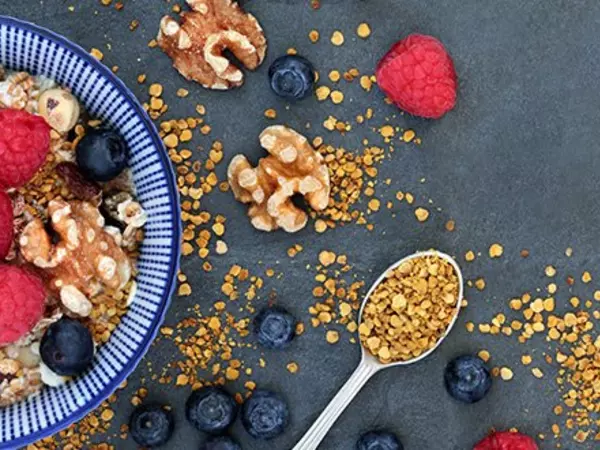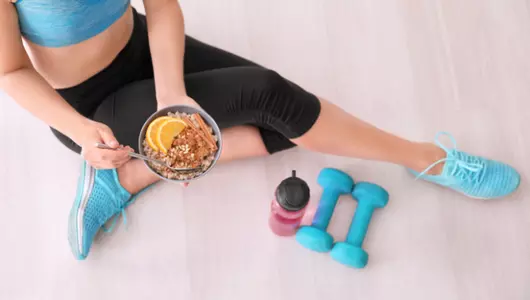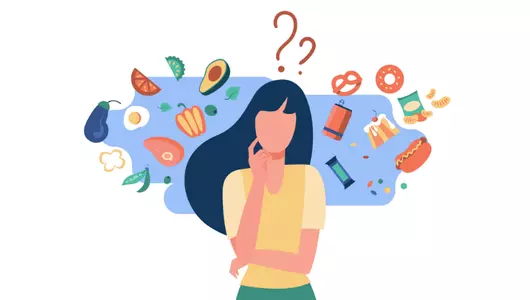
One nutrient you need just as much as protein
Years ago when you heard about dietary fiber it was just to treat constipation - it was something only grandma needed to eat. How times have changed!
Today, the most recommended and proven eating styles for heart health and weight loss, the DASH and Mediterranean diets, provide the fiber you need without sacrificing flavor or flexibility. As a dietitian it is fun to talk about fiber with clients because the message is about what foods to add to your plate – not limit. Eating a high fiber diet has many health benefits including:
- lowering cholesterol levels and risk for heart disease.
- may reduce risk of several forms of cancer including colorectal.
- improving blood sugars because foods higher in fiber generally don’t raise the blood sugar as high as more processed foods.
- losing weight as foods higher in fiber generally take longer to eat and digest (eating an apple takes longer to eat than drinking apple juice) – both of which provide an increased sense of fullness.
Sources
Fiber is found in fruits, vegetables, whole grains, nuts, seeds and legumes. Foods high in fiber also tend to be higher in vitamins, minerals, phytochemicals and antioxidants while being lower in sodium and fat – especially saturated and trans fats that raise your risk for heart disease.
| Women 18-50 years | Women 51+ years | Men 18-50 years | Men 51+ years |
|---|---|---|---|
| 25 grams/day or more | 21 grams/day or more | 30-38 grams/day or more | 30 grams/day or more |
It is important to gradually increase the fiber in your diet. If you add too much, too quickly you may experience bloating, increased gas, and cramping. Try increasing fiber in your diet by about five grams every five days as a general guide, but if you have other bowel conditions you may need to go more slowly. Here are some examples of foods to add to your plate for more fiber:
| Instead of this... | Try this... |
|---|---|
| 1 cup of white rice = 1.4 g fiber | 1 cup brown rice = 3.5 g fiber |
| 1 cup orange juice = 0 g fiber | 1 medium orange = 3.4 g fiber |
| 1 cup farina = 1.7 g fiber | 1 cup oatmeal = 4 g fiber |
| 1/4 cup raisins = 1.3 g fiber | 1 cup fresh raspberries = 8 g fiber |
| 1 chewy granola bar = 1 g fiber | 1 ounce almonds (about 23) = 3.5 g fiber |
| 1 ounce (about 15) potato chips = 1 g fiber | 3 cups of lite popcorn = 3.5 g fiber |
| 1 cup iceberg lettuce = less than 1 g fiber | 1 cup fresh spinach = 4 g fiber -add 1/2 cup black beans to salad= 8 g fiber |
Related articles

What helps with bloating?

Protein takeover: How much is really needed per day?

What exercise burns the most calories?

The link between nutrition and your mental health